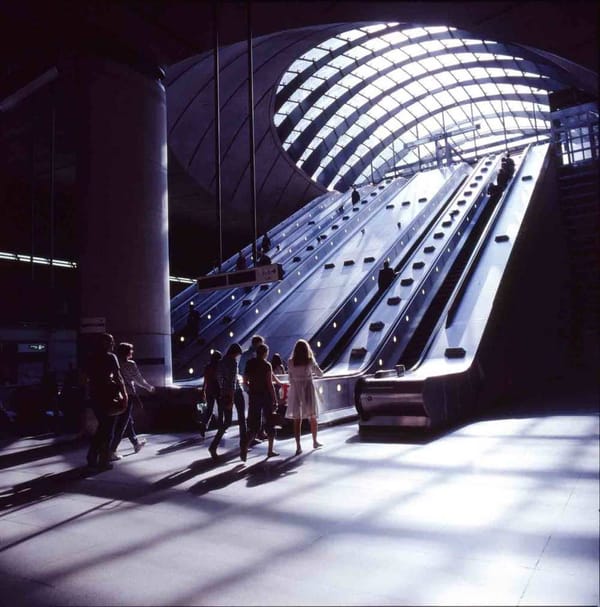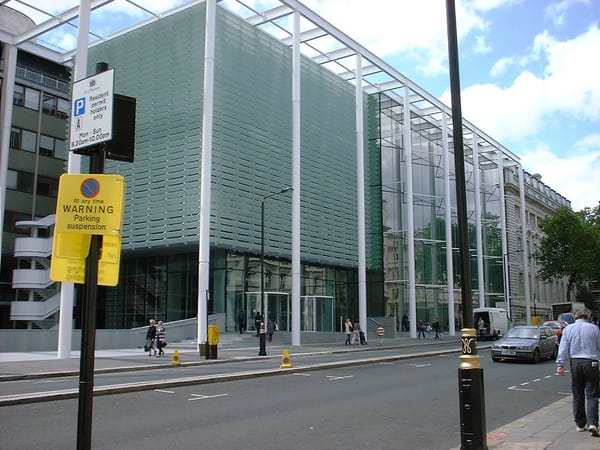Two miners rumble in the Congo
Kazakhstan’s largest miner battles Canadian rival over property rights in a war-torn and impoverished region
Last year, the Government of the Democratic Republic of Congo terminated the mining license of First Quantum Minerals, the Canadian owner of Kolwezi copper mine. This was a considerable blow for First Quantum, which spent US$750m developing the mine, a move that generated over a quarter of the company’s US$3bn profits in 2008.
The Congolese government cited First Quantum’s “unreasonable unwillingness to renegotiate” the amount of taxes they would have to pay once the mine had been made operational as the reason. In early August, the government proceeded in a highly controversial move to sell 50.5% of the mine for US$175m to Eurasian Natural Resources Corp.
ENRC is one of Kazakhstan’s largest companies, but is listed on the London Stock exchange, has full access to global financial markets and employs several high-profile directors. These include the former Rector of Imperial College London, Sir Richard Sykes, who is the company’s Senior Independent Director.
Complaints against Sir Richard were first raised by Standard Life, which owns 0.4 per cent of ENRC. They claimed that the former Imperial College Rector had shown bad judgement in buying the rights, given that the mine is still subject to a dispute between the Congolese government and First Quantum.
Sir Richard, who also serves in a number of philanthropic and business roles outside of ENRC, defended his actions last month, telling the Telegraph that: “It is an issue between First Quantum and the DRC government. First Quantum were given every opportunity to renegotiate their contract with the DRC. They didn’t and it was taken off them.” Sir Richard added that his company went to considerable effort to ensure there were “no dodgy dealings.”
First Quantum is now accusing the company of buying stolen property that belongs to it and has sued ENRC in the International Court of Arbitration
First Quantum is now accusing the company of buying stolen property that belongs to it and has sued ENRC in the International Court of Arbitration. Congo has already promised to respect the court’s decision. The lawsuit demands US$2.5bn, which Newall said was the “calculated market damage done to First Quantum and against our peer group.”
In response to the Congolese government’s claims of unspecified misconduct by First Quantum, Newall said that “they are making weightless and scurrilous accusations against the management. We would be delighted to have an independent review. It’s extraordinary that ENRC’s non-executives would put their names to this.”
Meanwhile, CEO Philip Pascall reassured First Quantum’s investors that the mine closure “doesn’t impact our cash resources and flow sufficiently to affect our projects.” He added that he had been in contact with ENRC “to point out the flaw in the way they were going.” ENRC’s CEO Felix Vulis responded that, “any dispute that First Quantum has is with the relevant [Congolese] authorities. If proceedings are issued, ENRC will defend its legal position vigorously.”
The mine is the Congolese government’s largest single source of tax revenue, generating US$55m annually. Congo’s ambassador to South Africa said that his government would respect the decision of the International Court of Arbitration, but could not afford to lose its tax revenue in the two to three years that such proceedings typically take. First Quantum has meanwhile said that the tribunal has already barred any title transfers on the mine: “ENRC has not contacted First Quantum with respect to the status of the arbitration or its legal and contractual rights to the Kolwezi tailings exploitation permit. Any purported transfer of the tailings exploitation permit covering the Kolwezi Project is ineffective and contrary to the orders issued by the tribunal.”
The court that reviewed the case in the Congo said that First Quantum should respect the decision of the domestic court and pay it US$12bn for “damaging the reputation” of Congo’s government. The case is currently ongoing through several legal channels and is not expected to be resolved in the next year.




